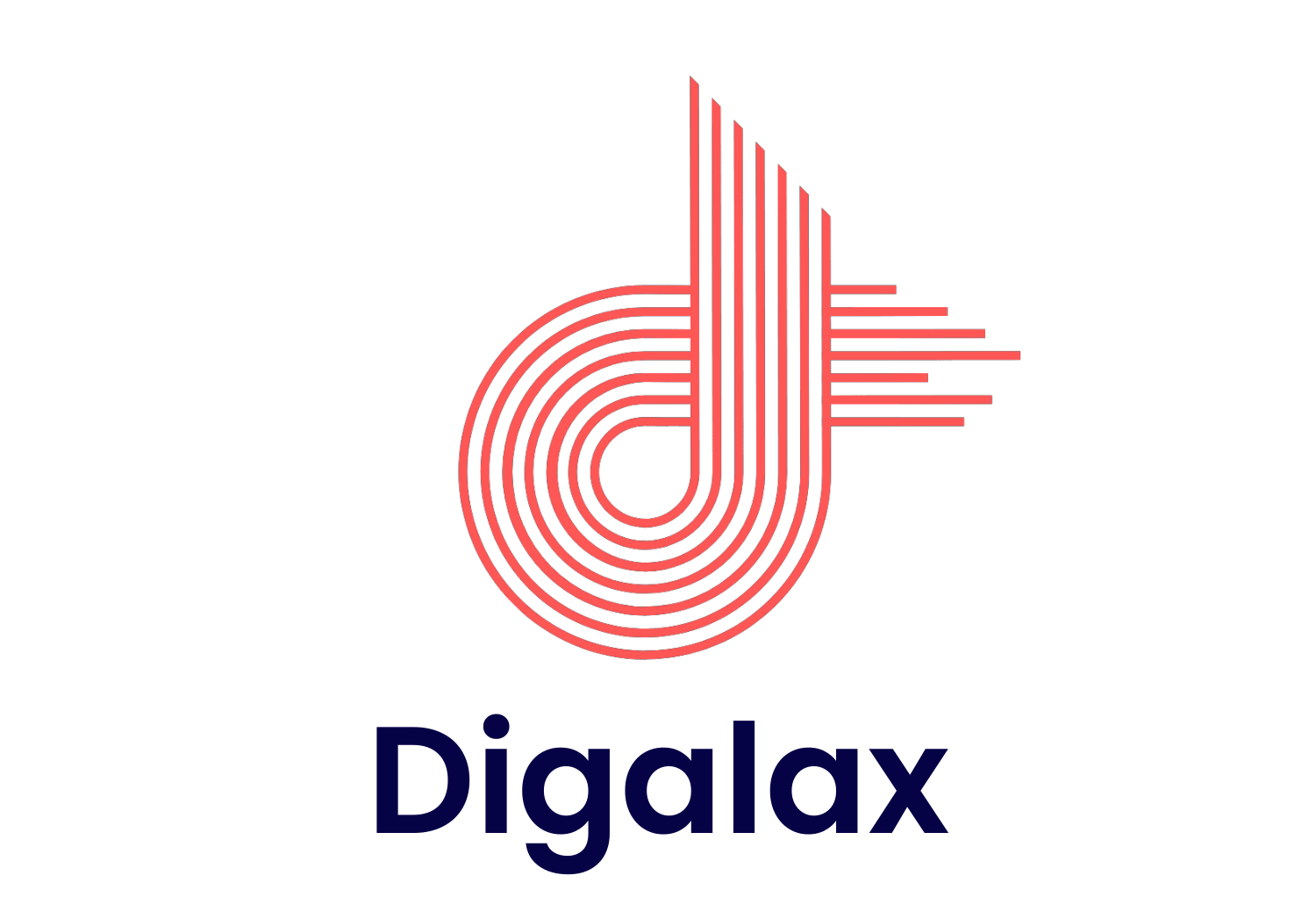OpenAI Introduces ChatGPT Plugins: Enhancing AI Capabilities for Improved User Experience
Key Takeaways
-
The ChatGPT plugin has been improved
-
OpenAI has enhanced its functionality of ChatGPT
-
It includes a web browser, code interpreter, and a retrieval plugin for customized knowledge bases
-
Alpha access is being gradually released
-
Plans for wider availability in the future.
OpenAI has recently introduced plugin support for ChatGPT, which is expected to revolutionize the way AI chatbots interact with users.
With this new feature, businesses can now access up-to-date information, retrieve data from custom knowledge bases and perform computations using third-party services, by integrating their own unique plugins into the AI language model.
This development was made to expand ChatGPT’s functionality and enhance its capabilities beyond training data for information. Plugins serve as “eyes and ears” that grant models access to more recent, personal, or specific information that can improve user experience. Additionally, plugins allow the AI to perform safe, constrained actions on users’ behalf.
OpenAI plans to gradually roll out plugins and study their real-world use, impact, and potential challenges. The first batch of plugins comes from companies such as Expedia, FiscalNote, Instacart, KAYAK, Klarna, Milo, OpenTable, Shopify, Slack, Speak, Wolfram, and Zapier.
The browsing plugin allows ChatGPT to access information from the internet, while the code interpreter plugin grants it the ability to use Python and handle uploads and downloads in a sandboxed environment. OpenAI’s open-source retrieval plugin lets ChatGPT access personal or organizational information sources, such as files, notes, emails, or public documentation.
As plugin support links ChatGPT with external apps, developers can deploy their own versions and register them with ChatGPT to accomplish many different tasks. With plugins, ChatGPT can fetch real-time info, access knowledge-base data, and perform actions for users, among other things.
To gain alpha access to these plugins, users and developers must sign up on a waitlist. Initially, access will be limited to a selection of developers and ChatGPT Plus users, with plans to increase access gradually.
In conclusion, OpenAI’s introduction of plugin support for ChatGPT marks a significant step towards enhancing the capabilities of language models, creating new opportunities for users and developers alike. By integrating plugins, businesses can improve their SEO by providing personalized interactions tailored to specific needs and preferences, leading to improved customer satisfaction and loyalty.

